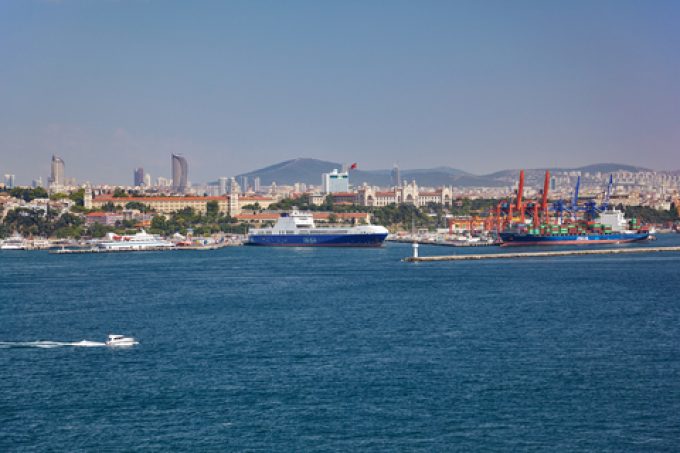Sanctions-busting forwarder jailed, while Europe 'ramps up the pressure'
An Israeli forwarder has been handed a two-year jail stretch for breaching US sanctions on ...

For the first time in nearly 40 years, Turkey will increase the fees for ships transiting the Bosphorus on 7 October, by 500%, to $4/tonne.
This, however, is just the start of price hikes for vessels transiting the Turkish Straits. In June 2021, construction of the Istanbul Canal began. This controversial infrastructure project will create a man-made canal just west of the Bosphorus.
The canal will be 45 km in length, 360m wide, and 20.75m deep, creating a smooth navigable means to ...
Volcanic disruption at Anchorage could hit transpacific airfreight operations
Macron calls for ‘suspension’ – CMA CGM's $20bn US investment in doubt
Trump tariffs see hundreds of cancelled container bookings a day from Asia
De minimis exemption on shipments from China to the US will end in May
Forwarders stay cool as US 'liberation day' tariffs threaten 'global trade war'
Mixed response in US to 'Liberation Day', while China leads wave of retaliation
Tariffs and de minimis set air freight rates on a volatile course
Overcapacity looms for ocean trades – with more blanked sailings inevitable

Comment on this article